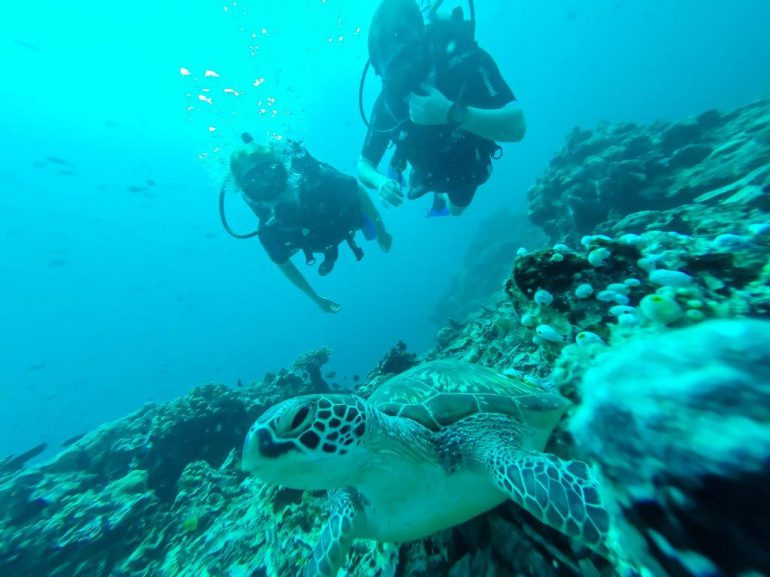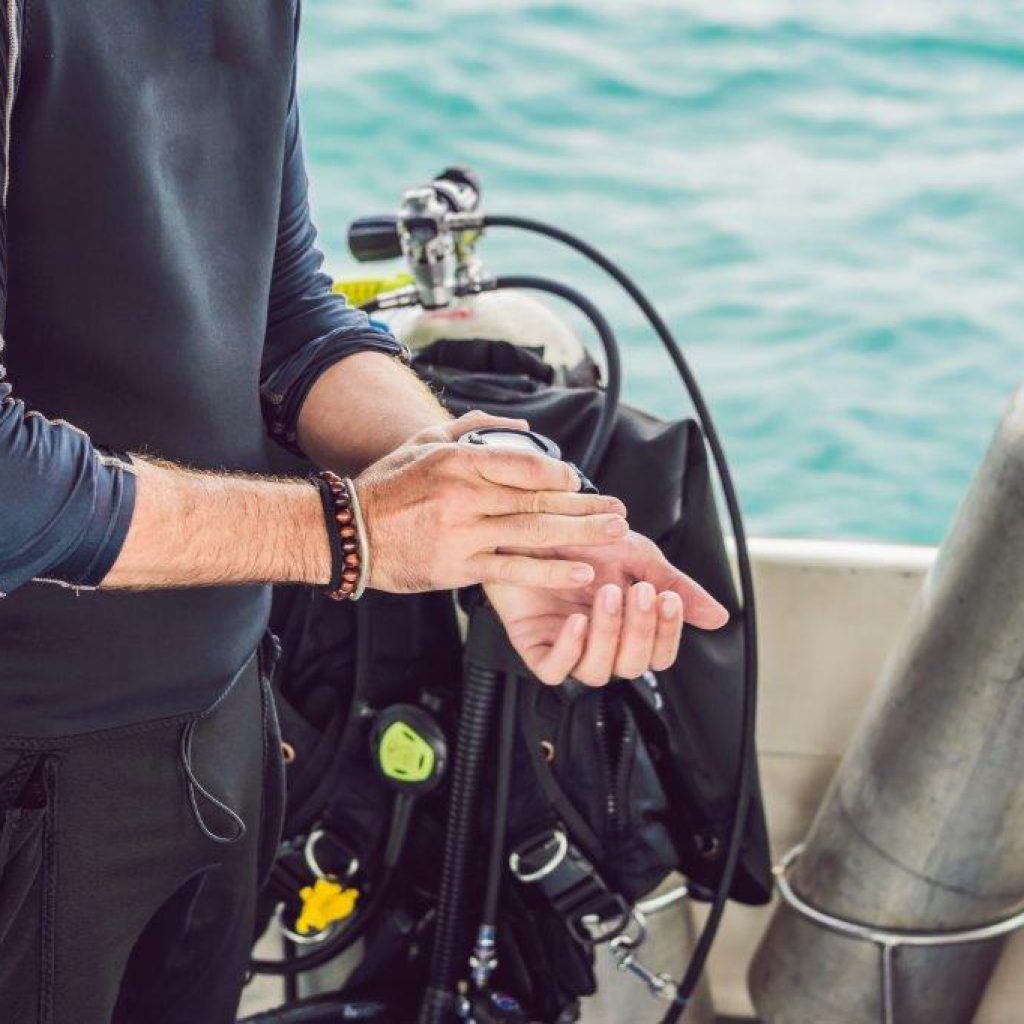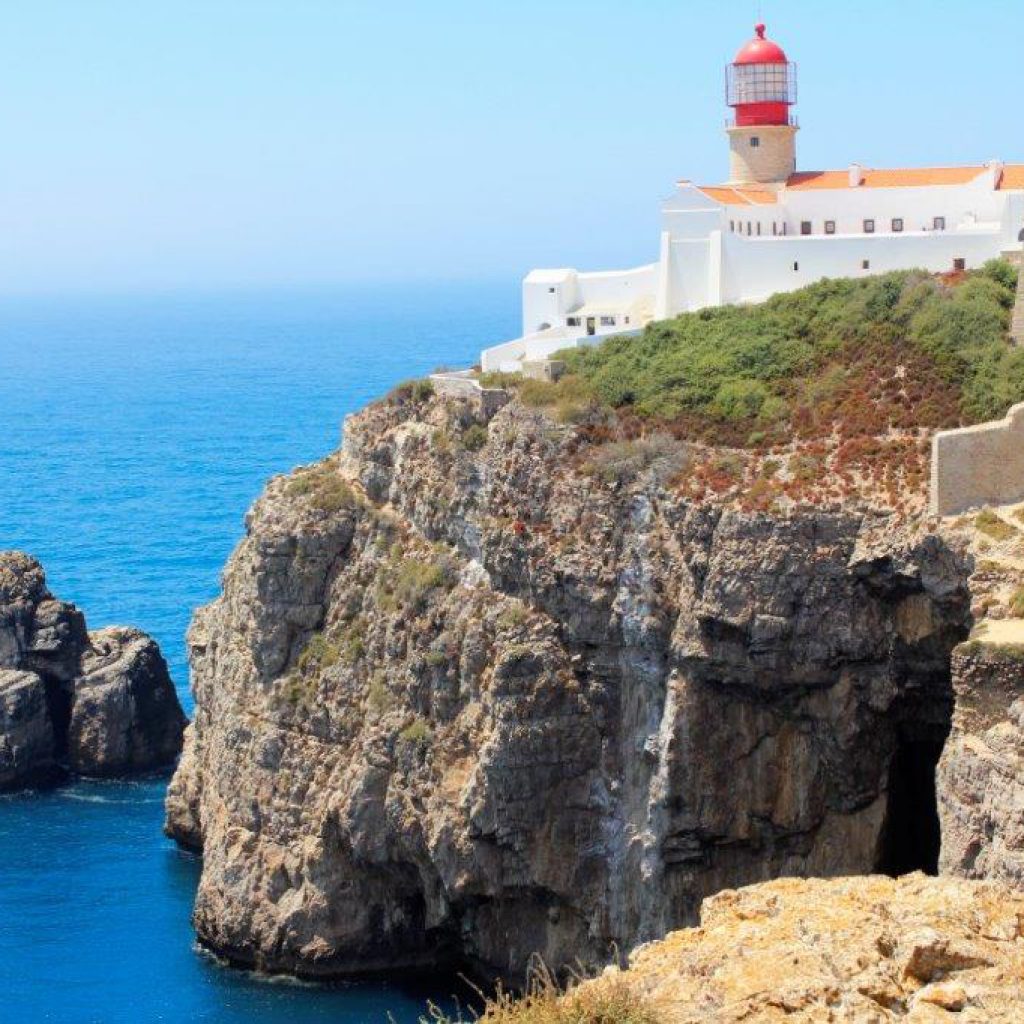Discover the World of Scuba Diving and Snorkeling
Once you enter the world of recreational scuba diving and snorkeling, you will never want to leave. If you have a fascination for the sights and sounds of life under the sea, then snorkeling and diving are the right sports for you. Scuba diving gives you a glimpse into a whole new world that few have the chance to experience. It is a recreational water sport that is enjoyed by thousands of people all over the world. Many people have also transformed it into a profitable profession.
It is not uncommon for people to begin their underwater exploration with snorkeling before proceeding into scuba diving. Snorkeling requires little technical training or advanced preparation to enjoy. Snorkelers generally swim on the water’s surface, or barely beneath, to observe the sea life below. They utilize a breathing apparatus called a snorkel to stay underwater longer and fins to facilitate swimming.
Scuba diving requires the use of special equipment that enables you to breathe underwater for extensive periods of time. By using the appropriate gear, scuba divers can stay under water for hours at a time, allowing them to truly enjoy the experience of exploring their underwater environment. Diving and snorkeling are very popular water sports that are practiced around the globe. Many people partake of simple diving and snorkeling classes for a few days to learn the basics before they begin their underwater adventures. People who are interested in becoming more proficient or skilled in these sports can obtain more in-depth training from professionals in these areas.
Why Scuba Dive?
People are attracted to diving and snorkeling for many reasons. Some people have a fascination for underwater life and its beauties. There are hundreds of locations that offer gorgeous views of coral reefs and underwater marine life that draw thousands of visitors year round. Diving offers people the opportunity to view underwater phenomenon up close and personal. The thrill of being face to face with this astounding aquatic world and its inhabitants is usually enough to hook people on this sport for life.
Despite the thrill that this sport has to offer, diving and snorkeling are not for everyone. Although there are no specific requisitions for divers, certain health conditions could make these activities inappropriate or even dangerous for certain people. Some people have pre-existing health problems that are not conducive to the exertion of swimming under water for long periods of time. Anyone with health problems should obtain counsel from their physician before attempting to take up underwater sports.
When it comes to children, it is better to wait until they are at least 8 years of age before introducing them to diving. Most diving courses require that children be a minimum of 8 years old before accepting them into their classes. Even then, these classes are taught taking special safety precautions to protect children from injury or harm. Before taking lessons, it is suggested that children and adults alike know how to swim or have previous experience in the water. This reduces the chance of students developing phobias or fears during the diving course.
.
Types of Scuba Diving
The most popular types of diving are recreational diving, technical diving and commercial diving. Recreational diving is strictly devoted to the enjoyment of the sport. People visit underwater sites to view the beautiful flora and marine life under the sea. The more experienced you become in the sport, the greater opportunities you have to experience it to the full. Once you become proficient, you can enjoy scuba diving specialties such as night diving, deep diving, underwater photography and videography, cave diving and more.
Technical diving involves advanced exploration of underwater environments and marine life by partaking of deeper diving or advanced cave diving techniques. These ventures require the use of more technical equipment than conventional recreational diving. Only very experienced divers should attempt this type of diving due to the dangers and risks they may encounter along the way. Commercial divers are professionals in their field who get paid for their diving services. Commercial diving jobs may include underwater maintenance, the creation of maps, salvage work or building underwater structures, just to name a few.
Diving and Snorkeling Gear
Scuba diving creates opportunities for people to view the marvelous realms beneath the sea by using specialized diving equipment. With snorkeling, the equipment involved is much less, as in most cases, you do not venture very far beneath the surface of the water. Basic snorkeling gear consists of a snorkel mask and fins. The snorkel mask is used for underwater breathing. It should fit snugly around your head comfortably, and enable you to breathe easily when under the water. If you wear prescription glasses, you can obtain a specialized snorkel mask to compensate for your prescription. Snorkeling fins should also fit snugly, without causing pain or discomfort to your feet. Fins which are too big will only slip off in the water and those that are too tight may cause cramps during your snorkeling venture. Some people also invest in a defogging product to keep the mask from fogging in the water, such as gel products, baby shampoo, etc.
Diving requires the use of much more extensive equipment than snorkeling, as you will be swimming further beneath the surface of the water for longer time periods. Scuba equipment helps your body to adapt to your underwater environment so you can enjoy your experience to the full while getting the protection you need. Without proper diving equipment, this sport would not be possible. Recreational diving equipment may consist of a scuba mask, snorkel, dive unit (regulator, tank and buoyancy device), wetsuit, fins, signaling device, dive light, etc. More advanced divers may include additional equipment such as dive watch, dive computer, weight systems, underwater digital photo system and more.
The most important piece of equipment for scuba diving is your dive unit which consists of a diving regulator, tank and buoyancy devices. Your scuba unit not only enables you to breathe effectively under the water for long time periods, but will facilitate your movements when diving. The buoyancy devices control your going down into the water, rising back up to the surface or merely floating in one spot as the need arises. A dive mask will provide good vision while under the water. A good wetsuit will help your body retain body heat underwater as well as protect you from scrapes and cuts during your dive. Safety accessories such as signaling devices and dive lights can be useful in the event of diving emergencies.
The more experience you gain in both of these sports, the more knowledgeable you will become about the equipment that you need. Scuba gear may vary depending on the environment where you dive. Your choice of scuba gear also will depend on your own personal preference. Tropical diving gear is best suited for warm water diving while cold scuba gear is designed for cooler water temperatures. Once you have established the kind of diving you want to do, you will be in a better position to invest in the appropriate gear to meet your need.
Diving and Snorkeling Locations
Locations for diving and snorkeling can be found all over the world. However, some spots offer greater diversity of marine and plant life to explore than others. Your choice of location will greatly depend on the type of diving or snorkeling experience you are after. Beginners in this sport may prefer spots that offer greater safety and protection as opposed to incredible views. This may limit their diving locations to calmer, shallower waters. In contrast, experienced divers may have the courage to brave more dangerous water conditions in order to view more spectacular sites.
Beautiful diving and snorkeling sites can be found in the Caribbean, off the coasts of countries such as Honduras and Mexico as well as near the Cayman Islands, Virgin Islands and Netherlands Antilles. Other incredible Caribbean sites include Dominica, St. Vincent and the Grenadines. Each of these locations offers unique and exceptional sights to behold, ranging from amazing flora and fauna to one-of-a-kind marine life species.
The tiny islands of Micronesia in the Pacific also offer tremendous scuba diving opportunities. Even though they are quite small, these islands have a reputation for being giants in the snorkeling and diving world. Islands such as Palau, Guam and Chuuk are virtual paradises for scuba diving. Here you can partake of incredible diving and snorkeling experiences that you will treasure for years to come.
- July 19, 2021 - July 19, 2021
- October 19, 2019 - October 19, 2019
- October 18, 2019 - October 18, 2019



